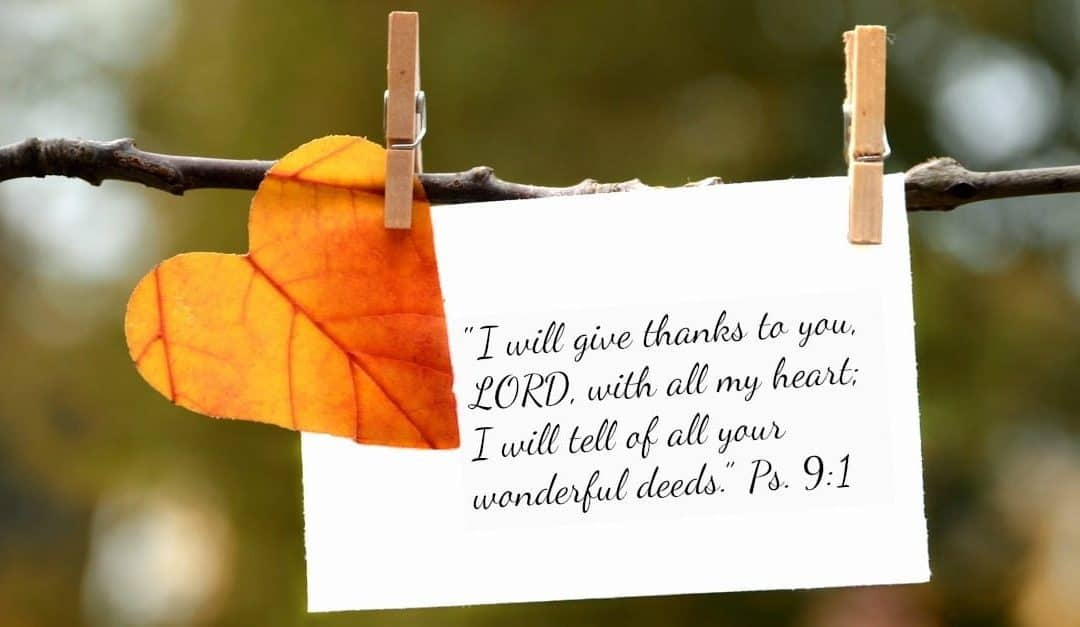
The meaning of the Cross for 1st Century Romans
A reflection in a series by Chuck H.
What did the cross mean for Roman citizens of the first century? When they saw a crucifix or a crucifixion what was on their mind? It meant a gruesome one way journey to humiliation, suffering, excruciating pain, and death.
Anyone who faced a Roman cross never came back alive. There was only one outcome to this trip and the road was paved with brutality, and unbelievable agony. For them the cross was a cruel instrument of death, it was not an artistic statue or a piece of jewellery. Today there are electric chairs, a gas chamber, a hangman’s noose, a firing squad. In that day there was the Roman cross.
I have a close friend who is a medical pathologist. He performs many autopsies each year. He knows what happens to bodies as they die. In 1986 he wrote an article in a major medical journal that summarized his quest to understand what happens during a crucifixion and therefore what would have happened to Jesus. Some of you may have heard these details before, for others this may be new. Its not a pleasant read. It will turn your head and heart inside out. It’s something that many cannot read or entertain. But it’s true.
The process of crucifixion began with stripping the person completely naked and tying the person to a wooden post with their arms above their head. Our pictures of Jesus during his beating and on the cross have him wearing a loin cloth. It’s done out of our sense of modesty. However there was no loin cloth at all. This was done to completely humiliate the person.
Soldiers would beat the back of the victim with a scourge laced with thorns or jagged bits of bone. The effect was to shred the muscles of the shoulders, back and sides down to the bones. Some victims died from this flogging alone. Jesus lost an enormous amount of blood but somehow survived.
After the beating the victim was to carry the horizontal beam of the cross to the site of the crucifixion on top of the shoulders which had just been shredded. Jesus crumbled under the weight and pain. A stranger carried it for him. Then a spike 5 to 7 inches long was driven into the both wrists and the feet as the body was attached to the cross. Our pictures show the nail holes in the palm of the hand, but the nail was actually put into the wrist so that the bones would hold the body in suspension.
The cross was lifted and dropped into a small hole with a thud and the full weight of the body was now hanging by these three nails. There was no anaesthesia, only searing pain. This did not kill the victim however. Usually the victim died from suffocation. Unable to lift the body, the person was strangled as they struggled for a breath of air. If the soldiers were in a hurry to finish the job they would break the legs of the victim to make it more difficult to push up and catch a breath. Death came quickly then and only death released the victim from the excruciating pain and agony. How remarkable that Jesus was able to say a few words from the cross. How remarkable the content of those words.
“My God why have you forsaken me?”
“Father forgive.”
“I am thirsty.”
“Here is your son, here is your mother.”
“Today you will be in paradise.”
“It is finished.”
“Father into your hands I commend my spirit.”
The cross the woman in the jewellery store sells is not just a cultural symbol. It does not have a cute little man on it. The cross is a symbol of the depth of human cruelty and torture. When a man or a woman, a boy or a girl in the Roman Empire thought of the cross, they thought of only one thing, a gruesome one way journey to humiliation, excruciating pain, and death.
The next time you see a cross somewhere, stop, ponder, remind yourself of what it represents. And then offer your heart to Jesus who, “For the joy set before him he endured the cross, scorning its shame, and sat down at the right hand of the throne of God.
Hebrews 12:2



